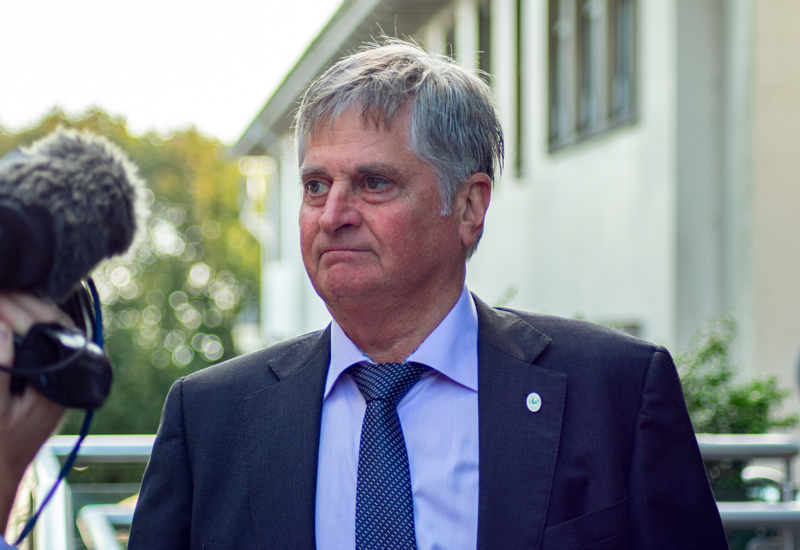


Whenever a big political debate raises its head, the public is always reminded by at least one deputy that none of it’ll matter if the island fails its MoneyVAL inspection.
That if the island fails and drops below international standards in financial regulation, we’ll see the swift exodus of massive financial institutions. The industry that makes up just short of half the island’s GDP will simply disappear overnight.
Express reached out to the President of Home Affairs, Deputy Rob Prow, to discuss the inspection, what it is and how Guernsey has prepared for it.
“MONEYVAL is a body of the Council of Europe based in France, and Guernsey is one of 34 European and other countries and jurisdictions that are part of the MONEYVAL process,” he said.
“MONEYVAL reports examine both technical measures and, importantly, the effectiveness of measures taken in the financial, regulatory and criminal justice sectors to combat money laundering and terrorist financing, and make recommendations to improve the AML/CFT system.”
If a jurisdiction fails a MoneyVAL inspection they can expect to move onto the Financial Action Task Force’s (FATF) grey list. A negative report can lead to banks in the region losing access to some levels of global financial architecture and the jurisdiction as a whole can seem less enticing to investors.
“The last evaluation of Guernsey undertaken by MONEYVAL was in 2014 and showed that Guernsey had made good progress against the evolving international standards in these areas - and had surpassed the equivalent International Monetary Fund report that assessed Guernsey in these areas back in 2010,” continued Deputy Prow.
“Having said that, we are conscious that expectations and assessments by international bodies become stricter rather than weaker with the passage of time, and we are expecting this to be the case when MONEYVAL inspect us next, currently scheduled for 2024.”

Pictured: Deputy Prow leads Home Affairs, the Committee which has responsibility for preparing the island for the incoming MoneyVAL inspection.
Guernsey can expect to be evaluated against stronger international standards than in 2014. Deputy Prow said the inspection will have significant consequences for both the finance industry and the wider community.
“The Bailiwick is absolutely committed to combatting financial crime and recognises its strategic significance and the adverse impact it can have on our community, finance industry and reputation as a good place to conduct business.
“We have taken a considerable number of steps in recent years to further strengthen our capabilities to tackle economic crime as well as ensuring compliance with continually evolving international standards.”
How have we prepared?
Guernsey has now established the Economic and Financial Crime Bureau (EFCB).
“[This] centralises resources, expertise and capabilities dedicated to tackling the financial risks set out in Guernsey’s National Risk Assessment for money laundering and recovering the proceeds of crime – particularly in respect of cross jurisdictional wrongdoing,” said Deputy prow.
“New legislation put before the States by the Committee for Home Affairs sets out the Bureau’s purpose, powers and the legal tools to discharge its functions and gives its Director strategic responsibility for the Financial Intelligence Unit.
“Other significant legislative proposals will bolster our armoury to tackle money laundering (and other financial crimes) and recovering the proceeds of unlawful conduct using enhanced civil remedies.”
Comments
Comments on this story express the views of the commentator only, not Bailiwick Publishing. We are unable to guarantee the accuracy of any of those comments.